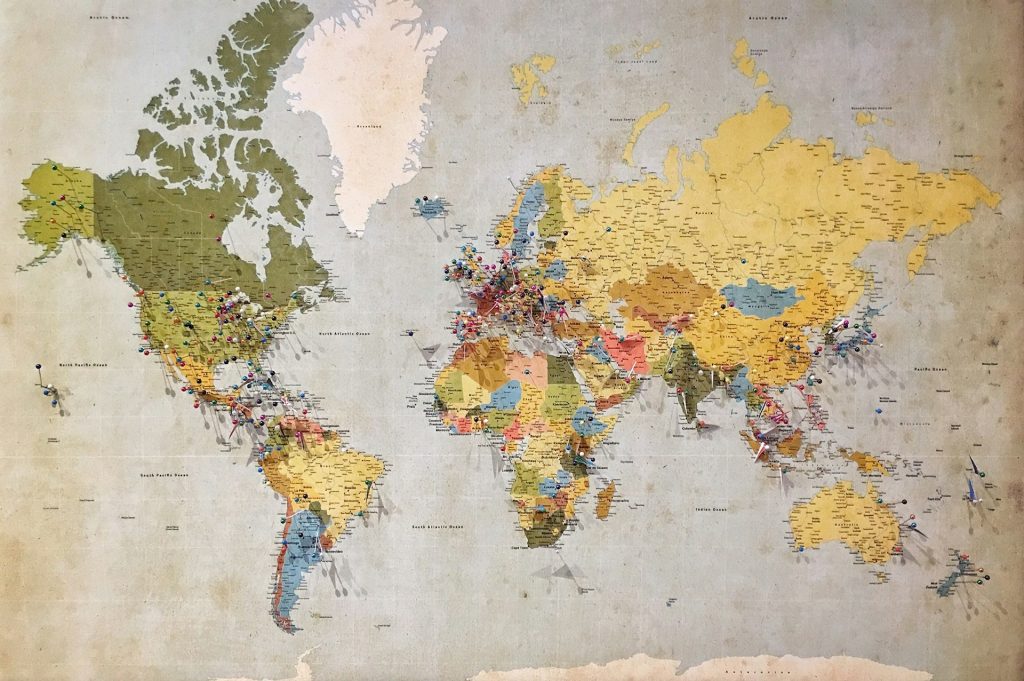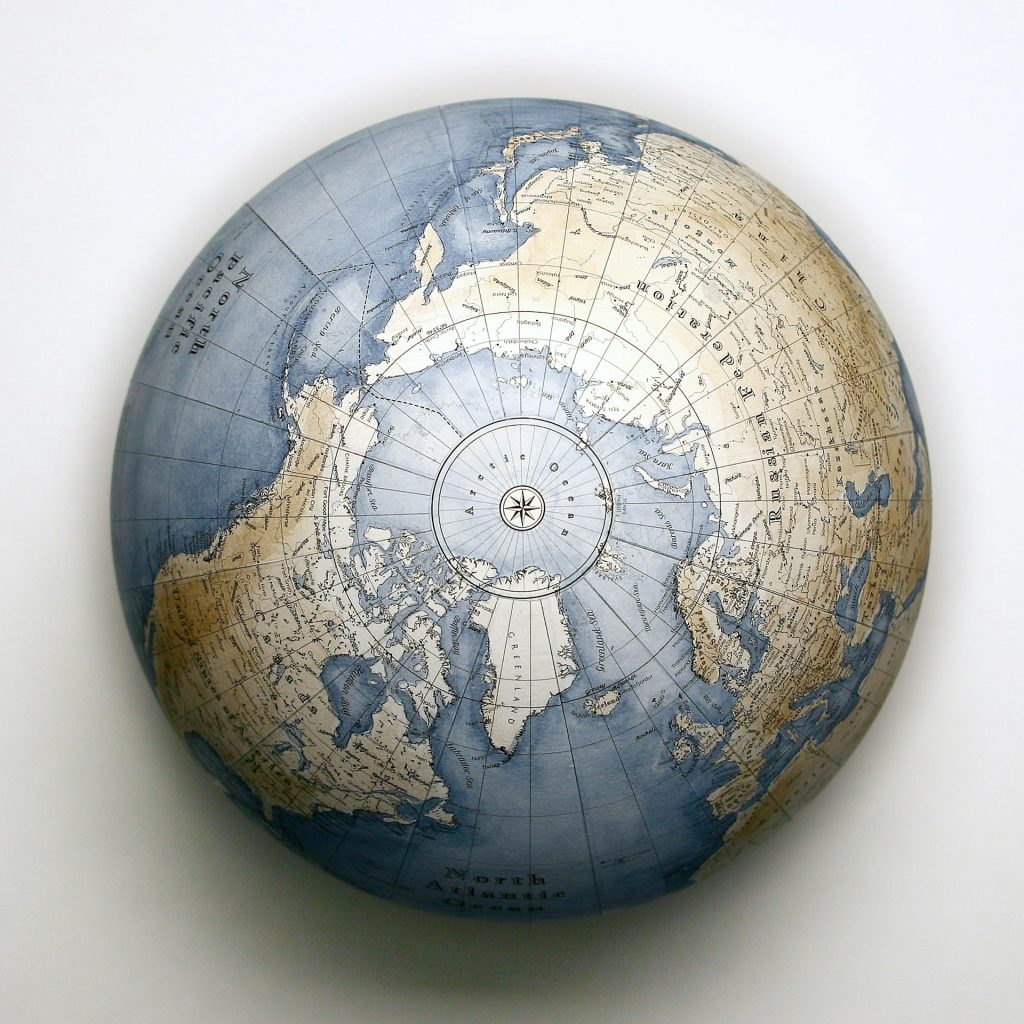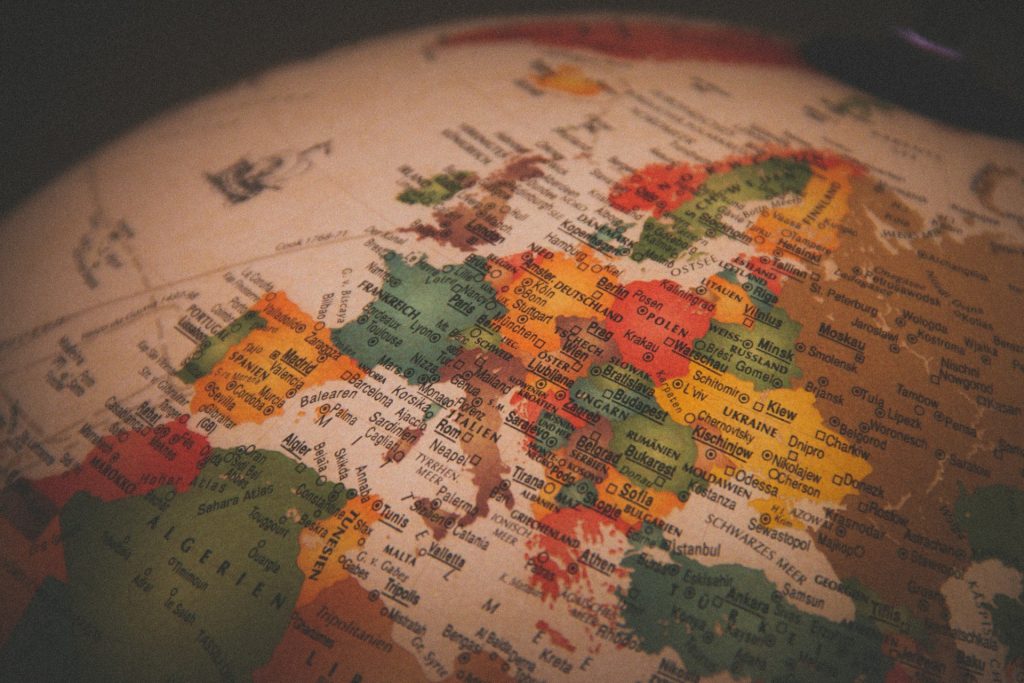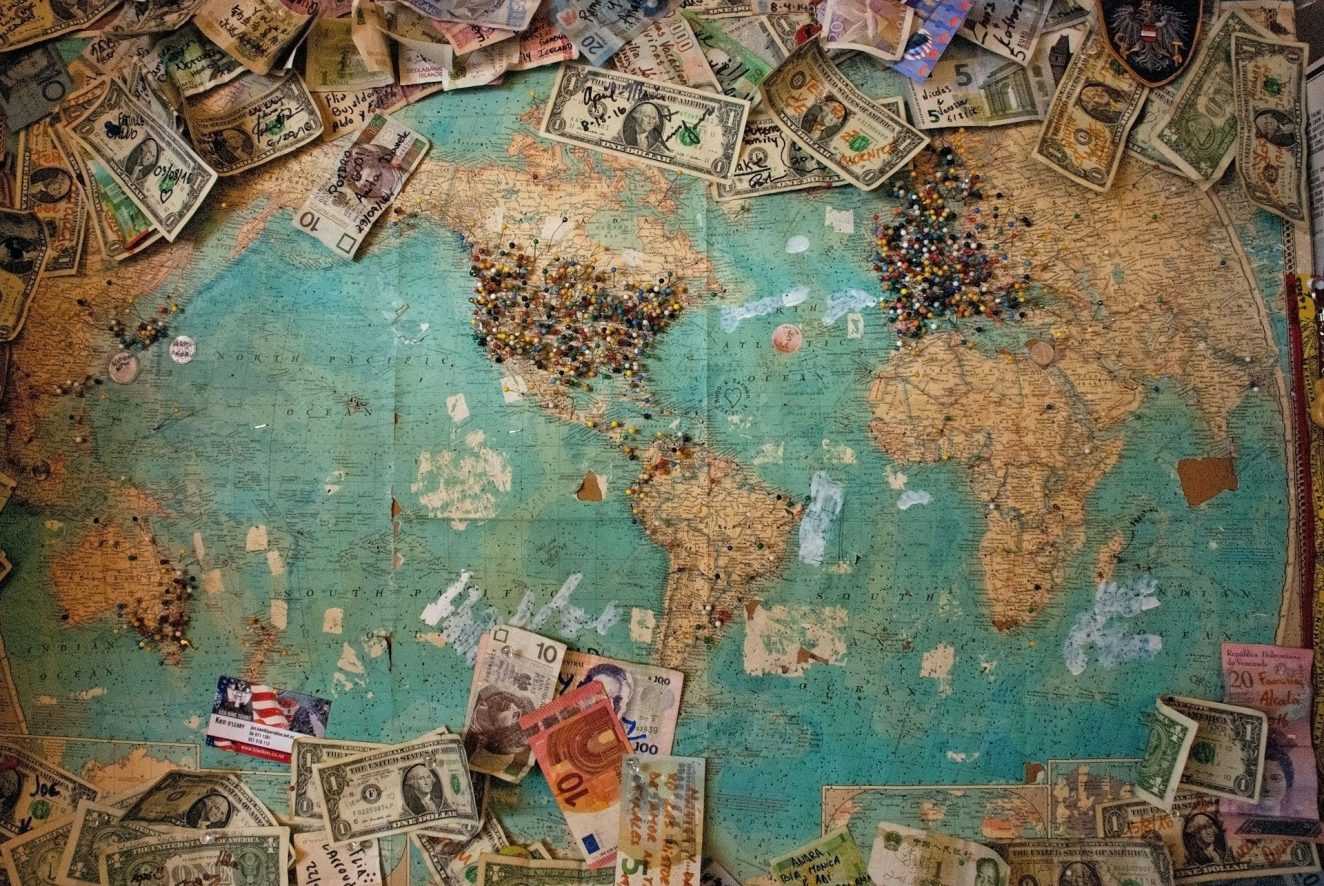Determining the oldest country in the world isn’t as straightforward as one might think. Historical records, cultural identities, and varying definitions of statehood all contribute to the complexity of this question. Let’s delve into the debate and explore different perspectives on which nations hold the title of the oldest.

The Oldest Countries by Date of Earliest Known Government
When considering the oldest countries based on the date of earliest known organized government, several nations stand out. According to World Population Review, Iran takes the lead with a history dating back to 3200 BCE, followed closely by Egypt, Vietnam, Armenia, and others. These civilizations boast ancient origins, with evidence of organized governance dating back thousands of years.
The Oldest Countries by Date of Self-Sovereignty
Alternatively, if we define the oldest countries based on the date of self-sovereignty, the list looks slightly different. Japan claims the title, with a recognized history dating back to 660 BCE. China, San Marino, France, and others follow suit, each tracing their sovereignty to significant milestones in their histories. These nations exemplify resilience and continuity despite centuries of political change.

The Magna Carta and Written Constitutions
When discussing the oldest written constitutions, the Magna Carta often takes center stage. Drafted in 1215, the Magna Carta laid the groundwork for modern constitutional governance. However, only a few of its clauses remain in effect today, sparking debate over its status as the oldest constitution. Other countries, such as San Marino and the United States, also boast long-standing constitutional traditions, dating back to the 17th and 18th centuries, respectively.
Exploring Historical Significance
Beyond chronological dates, the oldest countries hold immense historical significance. From ancient civilizations to modern democracies, each nation has played a pivotal role in shaping global history and culture. Whether it’s China’s enduring legacy or the democratic principles enshrined in the U.S. Constitution, these countries continue to influence the world today.
The Complexity of Historical Identity
Ultimately, the quest to identify the oldest country underscores the complexity of historical identity. While some nations boast millennia-old civilizations, others trace their sovereignty to more recent periods. Yet, regardless of age, each country’s history contributes to its unique cultural heritage and national identity.

As we understand the elaborateness of history and politics, the question of the oldest country remains a fascinating topic of debate. Whether based on ancient governance or modern sovereignty, each nation carries a rich conglomeration of stories and traditions. By exploring different perspectives and historical contexts, we gain a deeper understanding of the varying accounts of human civilization.





